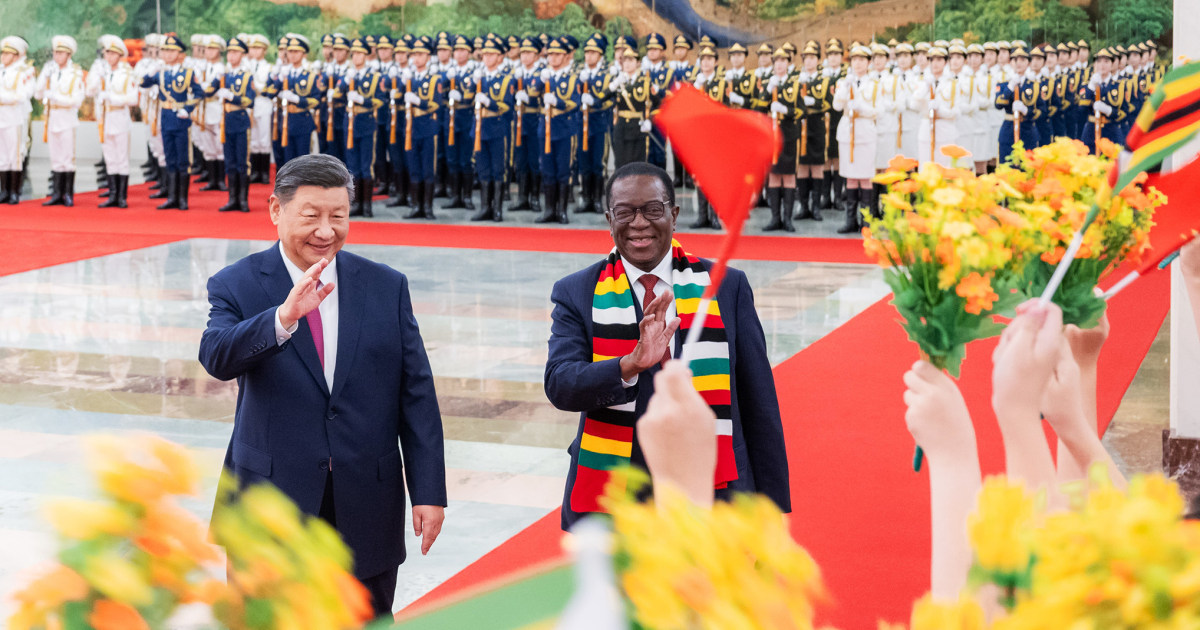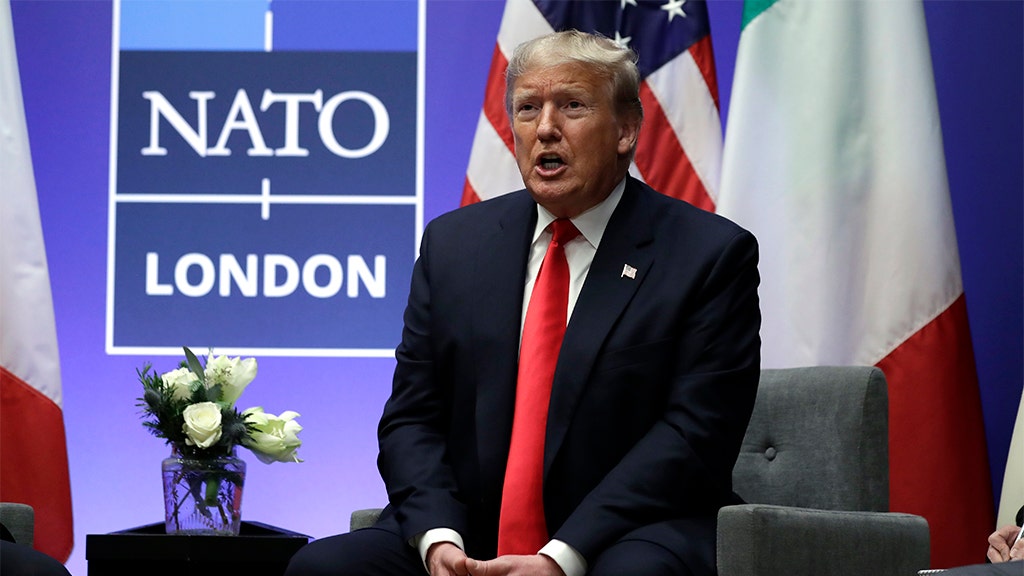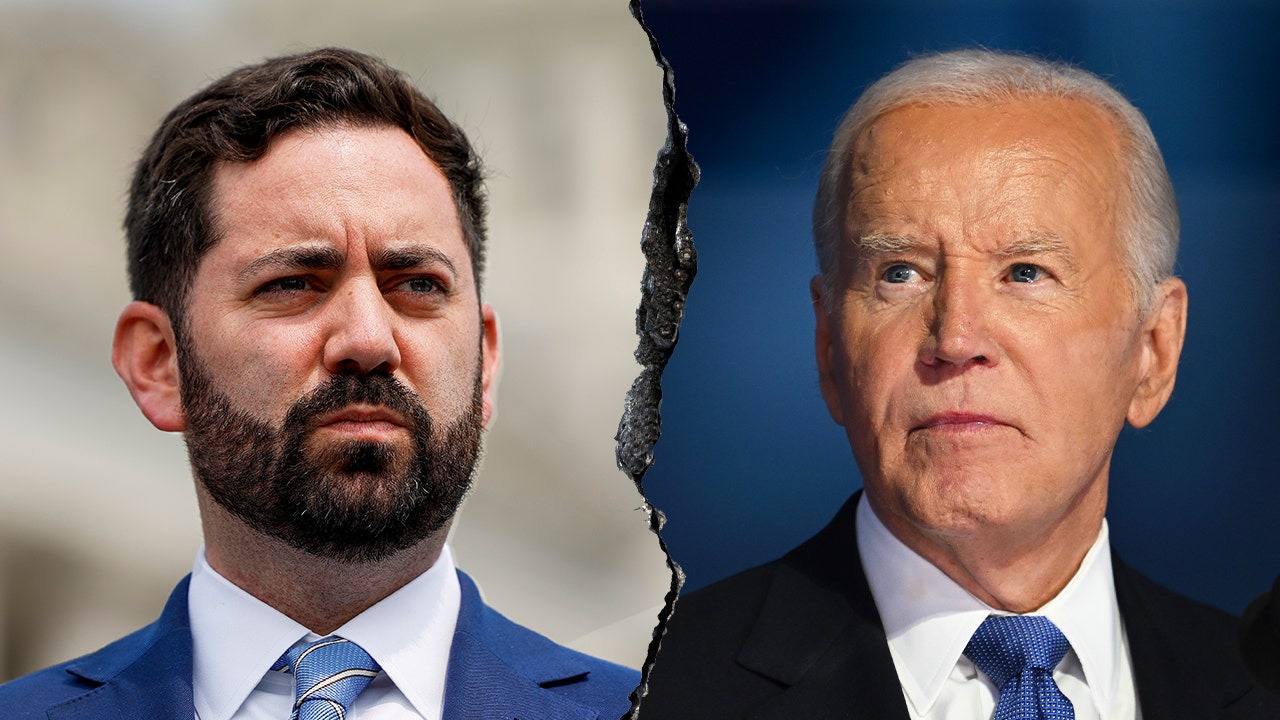World
$50 billion, a million jobs and a red carpet welcome: China woos Africa as U.S. struggles to keep up

To that end, Xi said Thursday that China would further open its market to African agricultural products, and that products from most of the world’s poorest countries, including 33 in Africa, would be exempted from all tariffs.
Xi said China would carry out 30 infrastructure projects across the continent as part of his Belt and Road initiative, which has been criticized as saddling countries with debt.
But China also appears to be shifting away from such megaprojects, as Xi promoted 1,000 “small and beautiful” projects across Africa such as street lights in Addis Ababa that have transformed the Ethiopian capital’s nighttime skyline.
“The big-ticket infrastructure projects that it had invested in got overexposed. They were bad loans,” Vines said. “But the new Chinese relationship is more clinical and strategic in that regard.”
China, a world leader in green technologies, is also looking to Africa as a potential market for its exports as they face growing curbs in the U.S. and elsewhere.
China, which overtook the U.S. as Africa’s largest trading partner in 2009, has been intensifying its overtures toward the continent, approving $4.61 billion in loans last year in the first annual increase since 2016. Xi also met with multiple African leaders last year when he attended a summit in South Africa of the bloc of developing countries known as BRICS.
While President Joe Biden has emphasized Africa’s importance for global issues and hosted Kenyan President William Ruto for an official state visit earlier this year, he has not visited the continent since taking office in 2021.
“Everything starts with one step, and China is extending its hand,” said Abra Kafui Tsolenyanu, a journalist attending the summit from the West African nation of Togo.
“So, like all other countries, Togo started to walk toward China.”
Janis Mackey Frayer reported from Beijing, and Mithil Aggarwal reported from Hong Kong.










